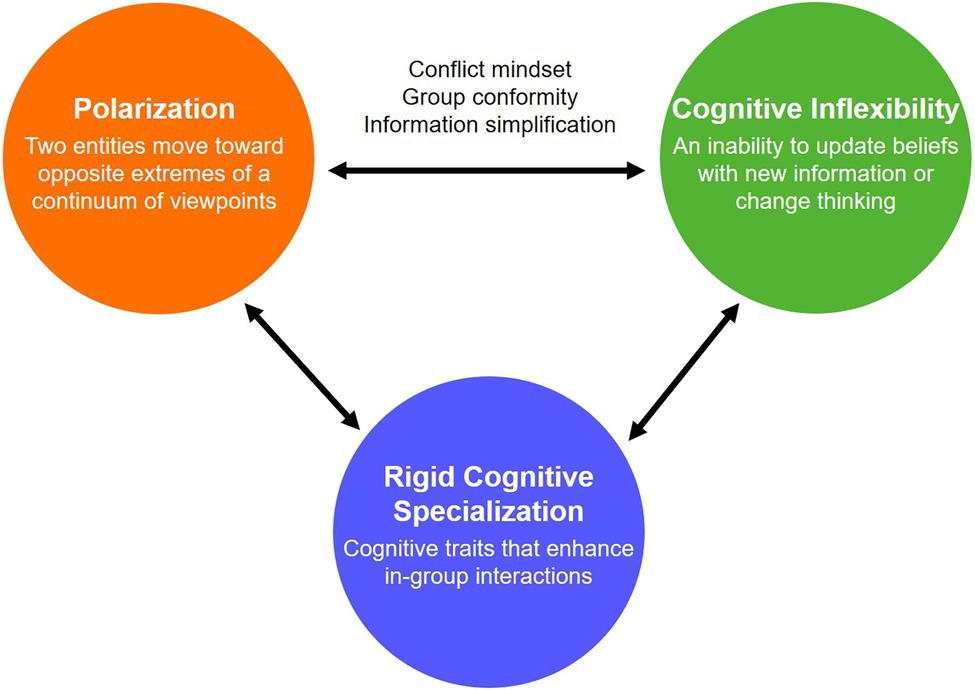Q.8 Write notes on any TWO of the following: (10 each) FeminismNeo-liberalism Social Constructivism. 2016
FeminismNeo-liberalism Social Constructivism

(a) Feminism: Feminism is a social, political, and cultural movement that advocates for gender equality and the recognition of women’s rights. Feminist theories and movements aim to challenge and transform patriarchal structures and systems that contribute to gender inequality, including unequal access to opportunities, resources, and power.
Feminism has its roots in the late 19th and early 20th centuries, with the first wave of feminism focused on securing women’s right to vote and legal equality. The second wave of feminism emerged in the 1960s and 1970s and sought to challenge traditional gender roles and the broader social and cultural institutions that contribute to gender inequality. The third wave of feminism emerged in the 1990s and sought to address issues of intersectionality, including the ways in which gender intersects with race, class, sexuality, and other social categories.
Feminist theories and movements have had a significant impact on social, political, and cultural systems worldwide. Feminist activism has led to the creation of laws and policies that promote gender equality, including equal pay legislation and anti-discrimination laws. Feminist scholarship has also contributed to the development of interdisciplinary fields such as women’s studies and gender studies.
(b) Neo-liberalism: Neoliberalism is an economic and political ideology that emphasizes free-market capitalism, privatization, deregulation, and globalization. Neoliberalism emerged in the late 20th century as a response to the economic crises and stagflation of the 1970s.
Neoliberalism advocates for a minimalist role for the state in the economy, with a focus on reducing government intervention and increasing market efficiency. This includes policies such as trade liberalization, fiscal austerity, and deregulation of industries such as finance and telecommunications.
Critics of neoliberalism argue that it has led to increased economic inequality, environmental degradation, and the erosion of public services and social safety nets. Proponents argue that neoliberal policies have led to increased economic growth and greater opportunities for entrepreneurship and innovation.
The impact of neoliberalism can be seen in various areas, including international trade agreements such as the North American Free Trade Agreement (NAFTA) and the Trans-Pacific Partnership (TPP), as well as domestic policies such as the privatization of public services and the deregulation of industries.
(c) Social Constructivism: Social constructivism is a theory of knowledge that argues that our understanding of the world is socially constructed through our interactions with others and the cultural and historical contexts in which we live. Social constructivists emphasize the importance of language, discourse, and culture in shaping our perceptions of reality.
Social constructivism has been influential in various fields, including sociology, psychology, and education. In sociology, social constructivists have argued that social categories such as race, gender, and sexuality are not natural or biological categories, but rather socially constructed through historical and cultural processes.
In psychology, social constructivism has influenced the study of language development and the role of culture in shaping cognitive processes. In education, social constructivism has influenced pedagogical approaches such as collaborative learning and problem-based learning, which emphasize the importance of social interaction and context in the learning process.
Critics of social constructivism argue that it can lead to relativism and the denial of objective reality. Proponents argue that social constructivism provides a more nuanced understanding of the complexity of human experience and the ways in which social and cultural contexts shape our perceptions of reality.